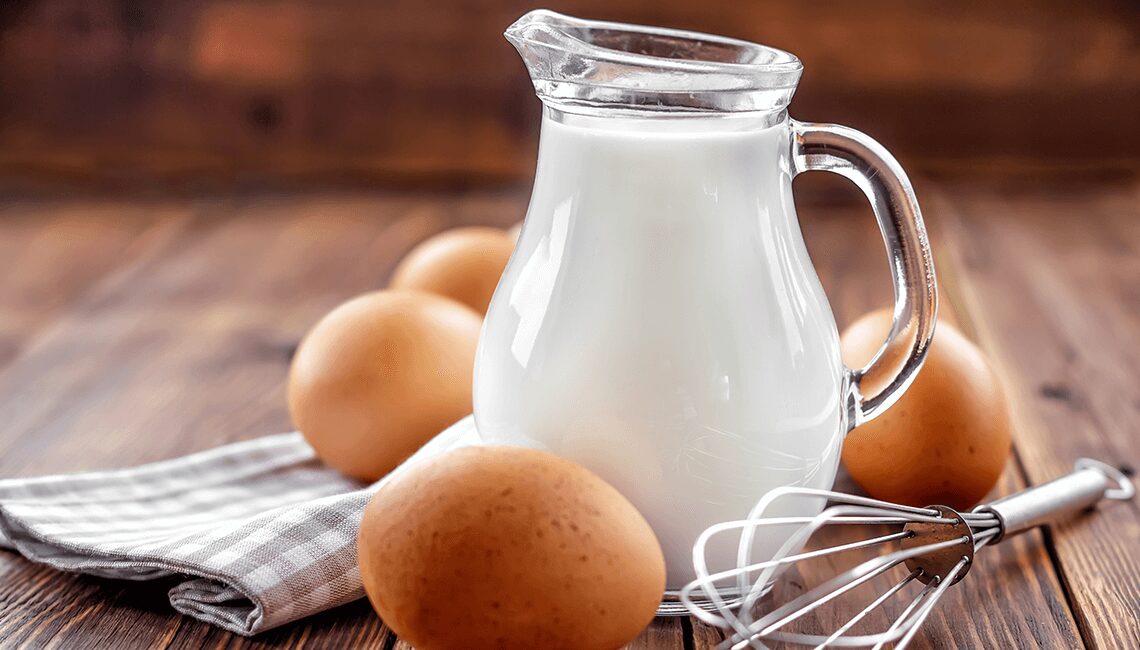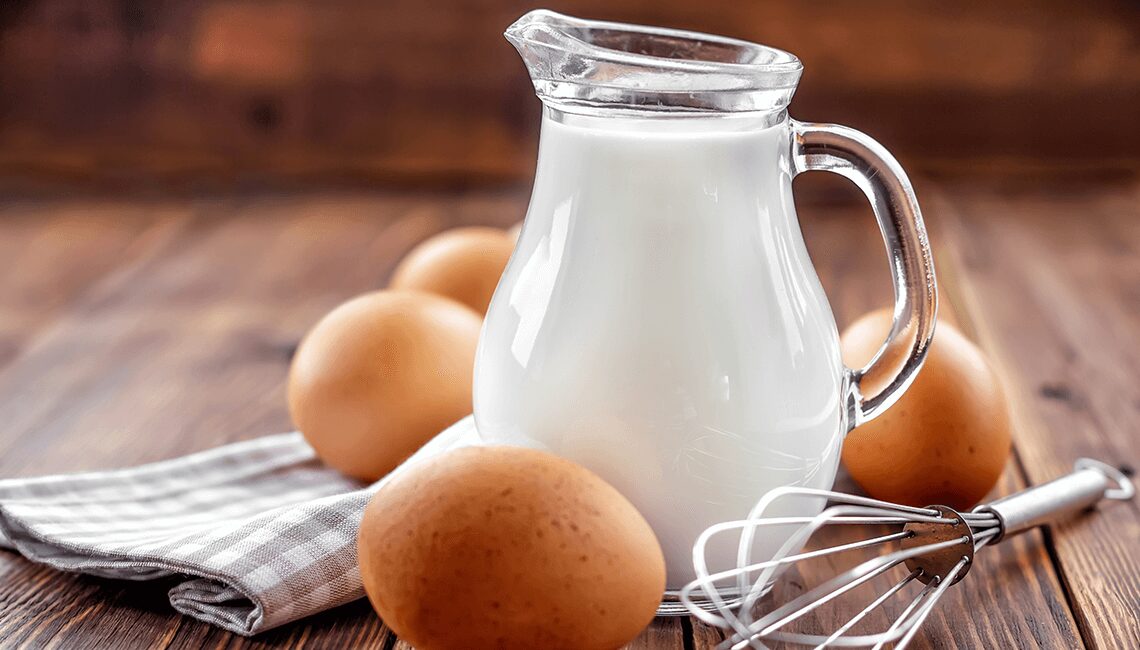Following a diet is already hard enough for most of us, yet staying up to date on the latest dos and don’ts of healthy eating can really keep you on your toes. New research constantly leads to changes in nutritional recommendations and dietary guidelines, making it hard even for experts to determine which foods currently qualify as healthy or not.
However, Scott Harding, a lecturer in nutritional sciences at King’s College London, has good news for those of us who were disappointed to see some of our favorite foods deemed “unhealthy” in recent years. He examined both past and current nutritional science and revealed five often-maligned foods that you can welcome back to your plate.
Potatoes
With the advent of low-carb diets, these root vegetables were often vilified for their carbohydrate content and high glycemic index. Yet studies have shown that not all carbs are created equal. Harding said, “Potatoes are a rich source of carbohydrates, vitamin C, some B vitamins and trace minerals.” He also notes that the method in which potatoes are cooked also affects their nutritional value, saying, “Cooking and cooling potatoes increases the amount of resistant starch in the potatoes.” The additional amount of resistant starch can have a positive impact on the bacteria in your stomach.
Eggs
Since one large egg has 185g of cholesterol, the consumption of eggs was thought to cause higher blood cholesterol levels in the human body. However, medical researchers have reversed this opinion in the last 20 years. Harding said, “Eggs are an excellent source of protein, healthy fats, and several vitamins and minerals.”
Margarine and Butter
The use of fat spreads was widely discouraged by nutritional experts because of the presence of trans fats. The food industry later stepped up to produce trans fat-free margarine and now, Harding says vegetable, fat-based spreads are healthy to eat “as long as the food label doesn’t list ‘partially hydrogenated vegetable oil’ as an ingredient.”
Nuts and Peanut Butter
Most dieters avoided raw nuts and peanut butter for years because of their high-fat content. But, Harding says, “There is mounting evidence to suggest raw nuts are key to a healthy diet and maintaining healthy body weight.” The nutritional benefits are significant since we now know that “eating raw nuts reduces death from all causes, including cardiovascular diseases, coronary heart disease and sudden cardiac death.” Peanut butter can also be part of a healthy diet since it’s a great source of protein. Those looking to lose a few pounds would do well to replace less healthy proteins with peanut butter.
Dairy
Long considered an essential food group for a healthy diet, dairy products such as milk, cheese and yogurt came under scrutiny for their high amounts of fat per serving, much of which is saturated fat. Making smart choices when it comes to including dairy in your diet is key. Harding says, “Although it’s best to avoid a diet high in saturated fat (a risk factor for CHD), regularly consuming dairy products doesn’t need to be a concern if your overall calorie intake and fat intake is healthy.”












